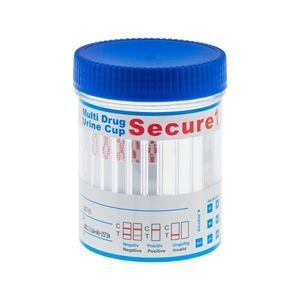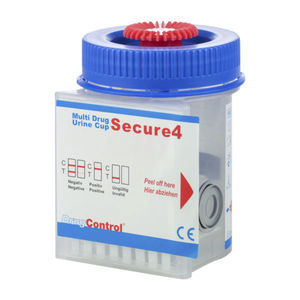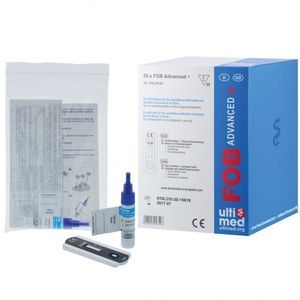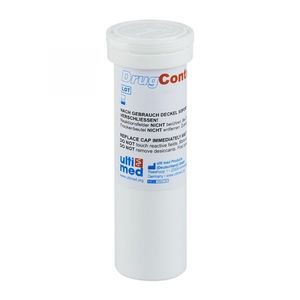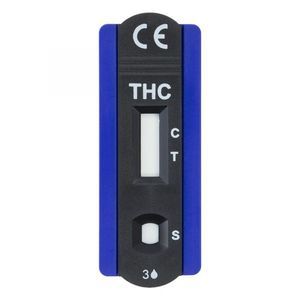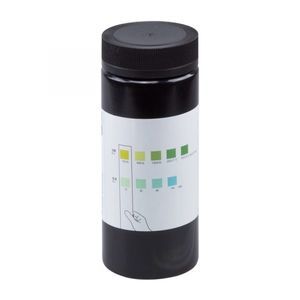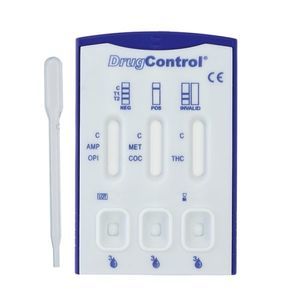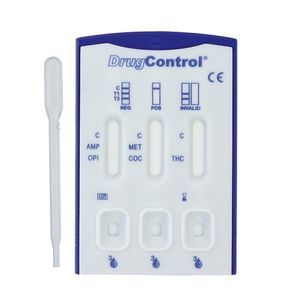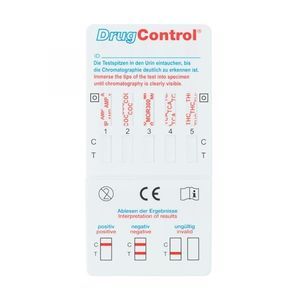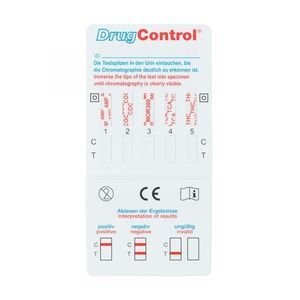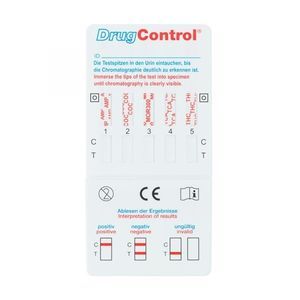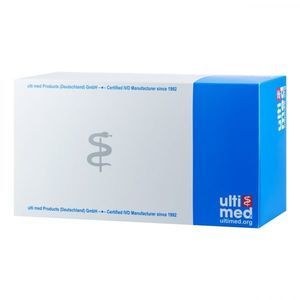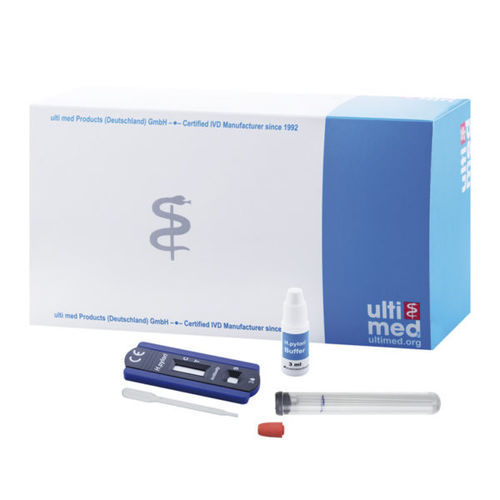
- Laboratory
- Laboratory medicine
- Rapid infectious disease test
- ulti med Products (Deutschland)
Rapid infectious disease test 012L400ureaseIgGHelicobacter pylori
Add to favorites
Compare this product
Characteristics
- Applications
- for infectious diseases
- Tested parameter
- urease, IgG
- Micro-organism
- Helicobacter pylori
- Sample type
- serum, plasma, whole blood, laboratory, surface
- Analysis mode
- chromatographic immunoassay
Description
The H.pylori Antibody Test is a rapid chromatographic immunoassay for the qualitative detection of antibodies to H.pylori in whole blood, serum or plasma to aid in the diagnosis of H.pylori infection.
Summary
H.pylori is a small, spiral-shaped bacterium that lives in the surface of the stomach and duodenum. It is implicated in the etiology of a variety of gastrointestinal diseases, including duodenal and gastric ulcer, non-ulcer dyspepsia and active and chronic gastritis. Both invasive and non-invasive methods are used to diagnose H.pylori infection in patients with symptoms of gastrointestinal disease. Specimen dependent and costly invasive diagnostic methods include gastric or duodenal biopsy followed by urease testing (presumptive), culture, and/or histological staining. Non-invasive techniques include the urea breath test, which requires expensive laboratory equipment and moderate radiation exposure, and serological methods. Individuals infected with H.pylori develop antibodies which correlate strongly with histologically confirmed H.pylori infection. The H.pylori Antibody Test is a simple test that utilizes a combination of H.pylori antigen coated particles and anti-human IgG to qualitatively and selectively detect H.pylori antibodies in whole blood, serum or plasma.
Test principle
The H.pylori Antibody Test is a qualitative membrane based immunoassay for the detection of H.pylori antibodies in whole blood, serum or plasma. In this test procedure, anti-human IgG is immobilizied in the test line region of the test. After specimen is added to the specimen well of the device, it reacts with H.pylori antigen coated particles in the test.
Catalogs
product catalog 2017
60 Pages
Other ulti med Products (Deutschland) products
Rapid tests
Related Searches
- Assay kit
- Blood rapid diagnostic test
- Rapid lateral flow test
- Immunoassay rapid diagnostic test
- Cassette rapid diagnostic test
- Virus rapid diagnostic test
- Serum rapid diagnostic test
- Plasma rapid diagnostic test
- Clinical assay kit
- Infectious disease rapid diagnostic test
- Whole blood rapid diagnostic test
- Lateral flow test kit
- Rapid respiratory infection test
- Urine rapid diagnostic test
- Strip detection kit
- Test strip
- COVID-19 rapid diagnostic test
- Bacteria rapid diagnostic test
- Strip rapid diagnostic test
- Urine assay kit
*Prices are pre-tax. They exclude delivery charges and customs duties and do not include additional charges for installation or activation options. Prices are indicative only and may vary by country, with changes to the cost of raw materials and exchange rates.






